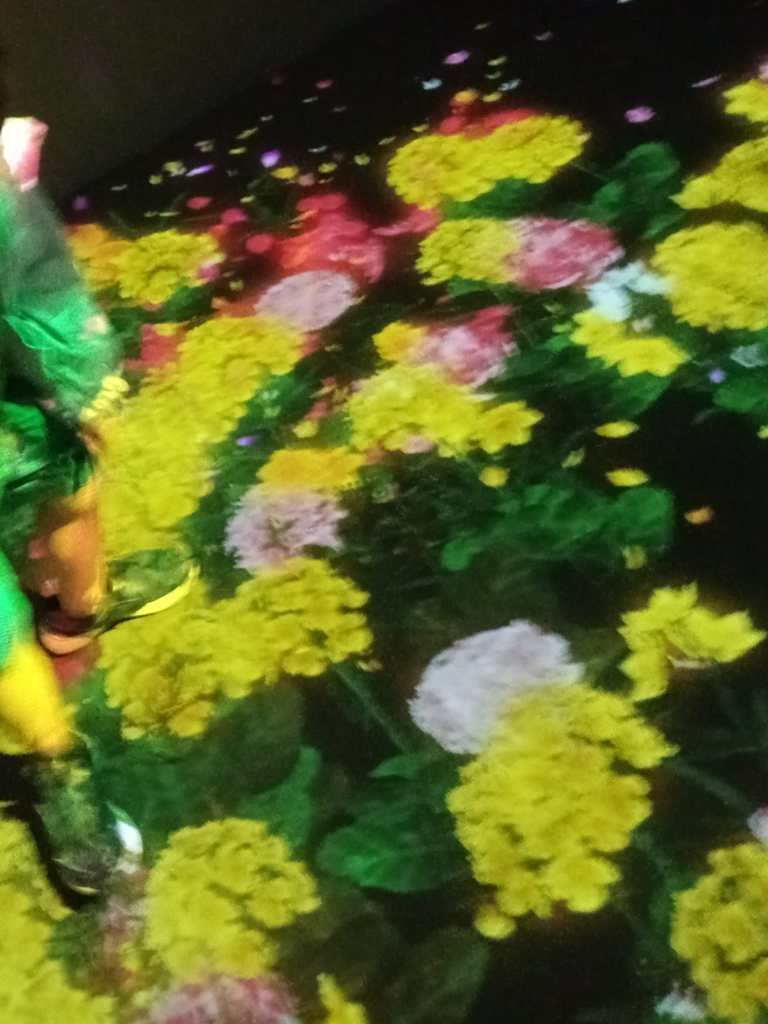ONL212 has come to an end!
What I have really appreciated about ONL is that this course addresses questions beyond digitalization and the use of digital tools. I found myself engaging with more fundamental questions of pedagogy: Who am I as an educator? What are my own ideas about learning? How can I ensure that my courses maximize and inspire learning beyond the course? Several of my group mates observed that these questions are not unique to digitalization. I agree. I should continuously revisit and reflect on such questions as part of my journey as educator and learner. Not easy to do given the productivity “ideology” of academia today. As Fischer, Ritchie, and Hanspach astutely observe, the constant pressure to be productive in academia has undermined “two prerequisites for generating wisdom”: “creativity” and “reflection”. In a way, digitalization can serve an opportunity to reclaim space for creativity and reflection. The many practical challenges posed by digitalization has forced us to stop, pause, and take a step back to reflect on bigger questions of pedagogy.
 May we always have child-like curiosity and wonder.
May we always have child-like curiosity and wonder.
Transcending Boundaries, City in A Garden, Future World Exhibition 2021, Art Science Museum, Singapore.
Thanks to ONL for giving me this time and space for reflection.
Was under the impression that there were no substantive readings assigned to us for this week but was wrong! The topic and readings for this week focused on Elmore’s modes of learning and innovations in pedagogy. I particularly enjoyed the Open University’s 2021 Innovating Pedagogy Report, specifically its overview on gratitude as a pedagogy and on the creation of best learning moments. The research on “best learning moments” highlights how we learn best when we are in a “mental state” that makes our learning “easier” or “more enjoyable”. Examples of “positive mental states” are feelings of “curiosity”, “interest”, “engagement”, “happiness”, “optimism”, “confidence” and “calmness”. This requires educators and learners to have an appreciation of their own mental states. Not an easy task given society’s dismissal of emotions. Instead of learning “how to work with our emotions”, we are repeatedly told to “block” and “avoid” them. This goes against scientific studies demonstrating the strong link between cognition and emotion. As Miyamoto and Hinton argue, educators can foster pro-learning emotions (e.g. motivation) by designing courses to encourage learners’ sense of competence (through continuous assessment and scaffolding), autonomy (incorporating choice and self-directed study), and relatedness or social connection.
The importance of emotional well-being and the need for self-awareness is also highlighted in research on gratitude as pedagogy, defined as “an approach to learning and teaching that actively involves the acknowledgements of what we have or receive and the conscious action of wanting to give back in some way”. Teaching has been very challenging during these pandemic times, especially as I had to submit my tenure file this year. I am aware it is probably even tougher on students, especially those with less resources and difficult home environments. Implementing gratitude as pedagogy requires educators and learner to create a ‘state of preparedness’ requiring educators and learners to “prepare and examine their attitude before starting their learning and during learning activities”. This enables everyone to be more “aware of the learning taking place”.
Such research on the link between well-being and learning reminds me of the fact that all of us may have many things going on outside the classroom that impact our ability to learn. It reminds me of how sometimes I only find out after the course that a student had to deal with serious illness within the family, loss of loved ones, and other destabilizing events during the course.
A few weeks ago, my grandmother who I have not seen for the past two years due to COVID-19 travel restrictions passed away unexpectedly in Malaysia. Overwhelmed, I shared this with my group mates and apologized for being unable to complete my share of the group work for the week. My group reacted with compassion and kindness, as I had expected. I had felt safe enough to tell them about my family situation because of the trust and connection we had established over the course. I hope that I will be able to foster that same level of trust and connection in my courses.
Some thoughts about moving forward after ONL. First, I plan to continue learning something new every year, whether it is by joining a course like ONL or through self-study. Second, I plan to experiment with collaboration and digital spaces when designing my courses. Third, I hope to continuously reflect on larger questions of pedagogy and learning, perhaps by continuing this blogging practice.
Thank you to all the organizers of ONL and my group mates. It has truly been an eye-opening journey that I hope will continue.